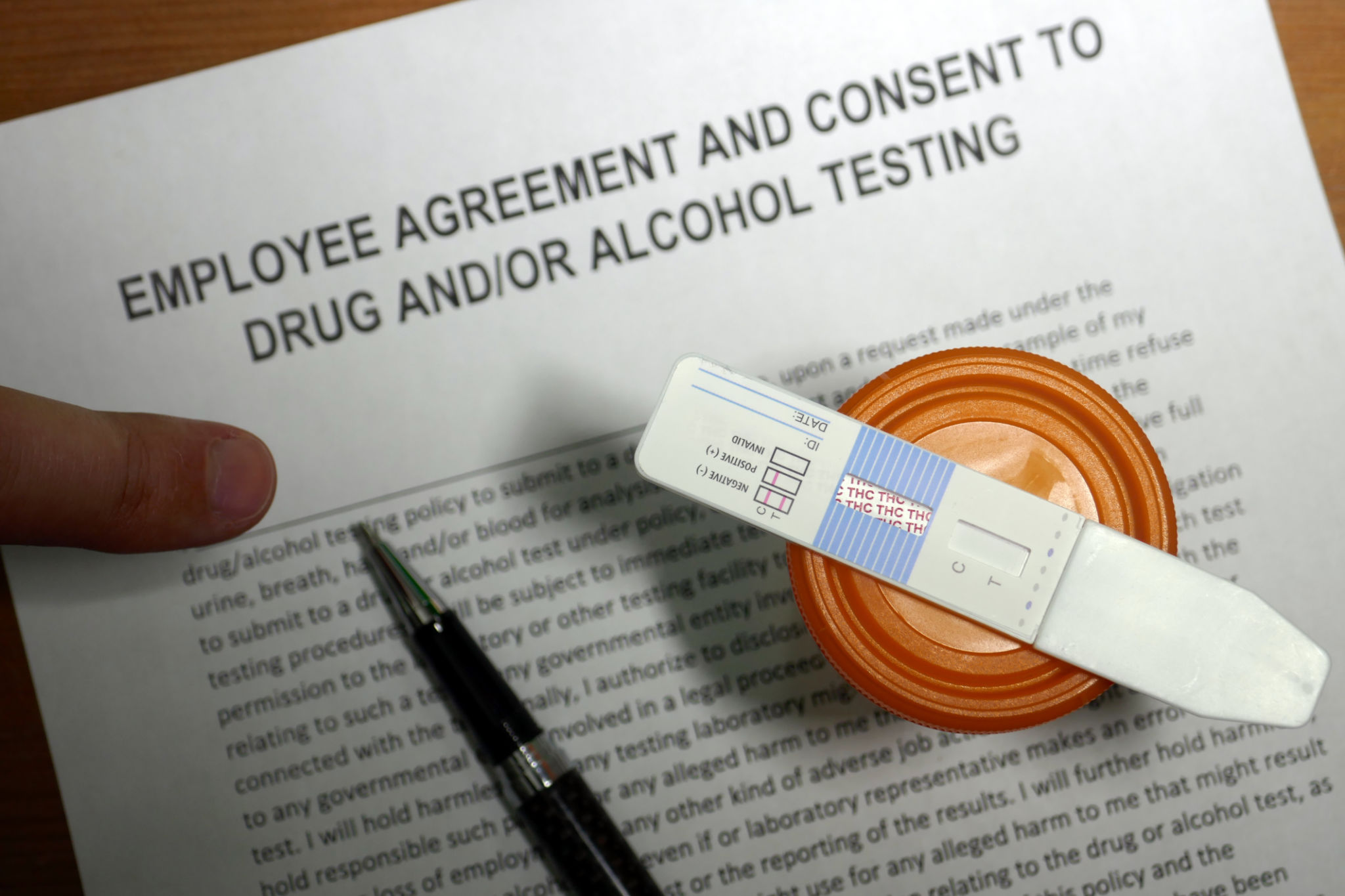Understanding Local Regulations on Drug Testing in the United States
AD
Introduction to Drug Testing Regulations
Understanding local regulations on drug testing in the United States can be a complex but crucial aspect for employers and employees alike. These regulations vary significantly from state to state, and even from city to city, making it essential to stay informed about the specific rules that apply to your location.
Federal vs. State Regulations
While federal laws provide a baseline for drug testing, state laws can impose additional requirements or restrictions. The federal government primarily regulates drug testing for safety-sensitive industries, such as transportation and aviation, through the Department of Transportation (DOT). However, states have the autonomy to create their own laws that may be more stringent or lenient.

Key Federal Regulations
Under federal law, the Drug-Free Workplace Act of 1988 mandates that federal contractors and grantees must maintain a drug-free workplace. This includes implementing drug testing policies. Additionally, the DOT has specific regulations for drug and alcohol testing in industries it oversees.
State-Specific Regulations
State regulations on drug testing can vary widely. Some states, like California, have strict guidelines that protect employee privacy and limit when and how testing can be conducted. Others, like Florida, have more employer-friendly laws that allow for broader testing practices.
Pre-Employment Testing
Pre-employment drug testing is common across many states, but the rules governing it can differ. For instance, in New York City, employers are prohibited from requiring pre-employment drug testing for marijuana. On the other hand, in Texas, employers have more freedom to conduct pre-employment testing without specific restrictions.

Random and Post-Accident Testing
Random drug testing and post-accident testing are other areas where state laws can diverge. In states like Georgia, random testing is permitted and often used in safety-sensitive positions. Conversely, in states like Minnesota, random testing is only allowed under specific conditions, such as after an employee has completed a drug rehabilitation program.
Medical Marijuana and Drug Testing
The legalization of medical marijuana in many states adds another layer of complexity to drug testing regulations. Employers must navigate the balance between maintaining a drug-free workplace and accommodating employees who use medical marijuana. States like Arizona and Illinois have laws that protect medical marijuana users from discrimination, while others leave it up to the employer's discretion.

Best Practices for Employers
To ensure compliance with local regulations, employers should consider the following best practices:
- Stay informed about federal, state, and local laws regarding drug testing.
- Develop a clear, written drug testing policy that complies with all applicable laws.
- Provide training for management and employees on the policy and its implementation.
- Consult with legal experts to navigate complex regulations, especially when medical marijuana is involved.
Conclusion
Understanding and complying with local regulations on drug testing in the United States is essential for maintaining a lawful and effective workplace. By staying informed and implementing best practices, employers can create a safe and compliant work environment while respecting the rights of their employees.